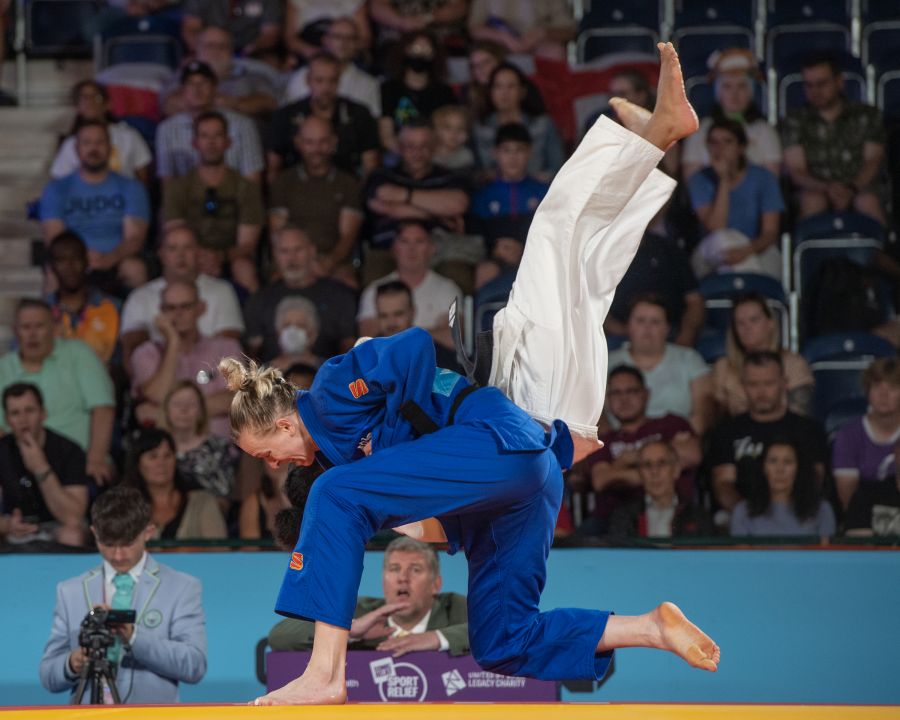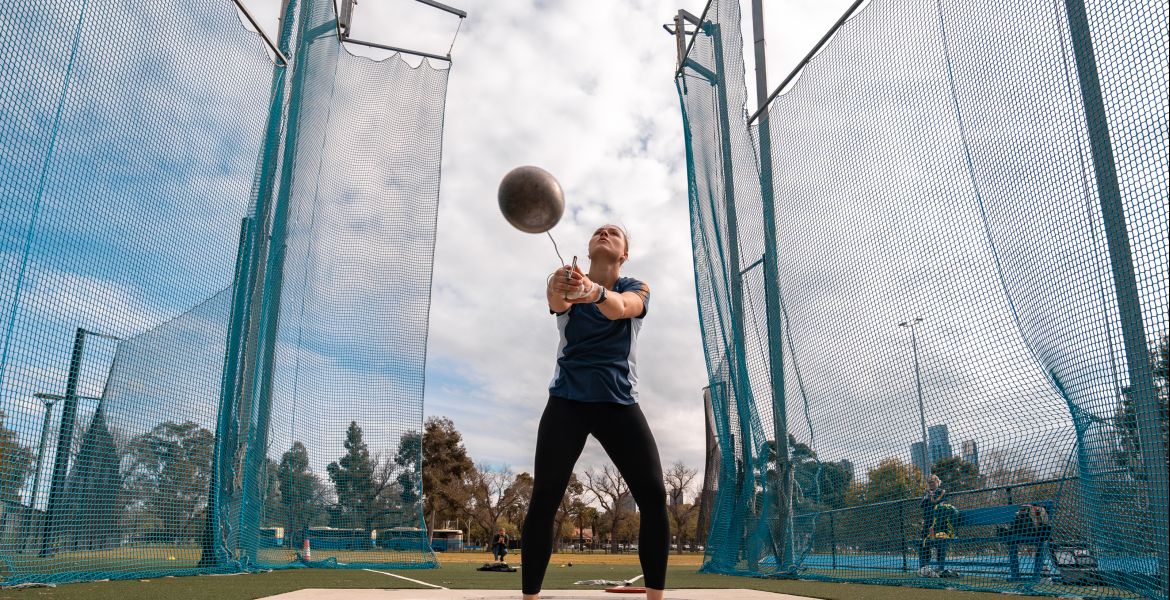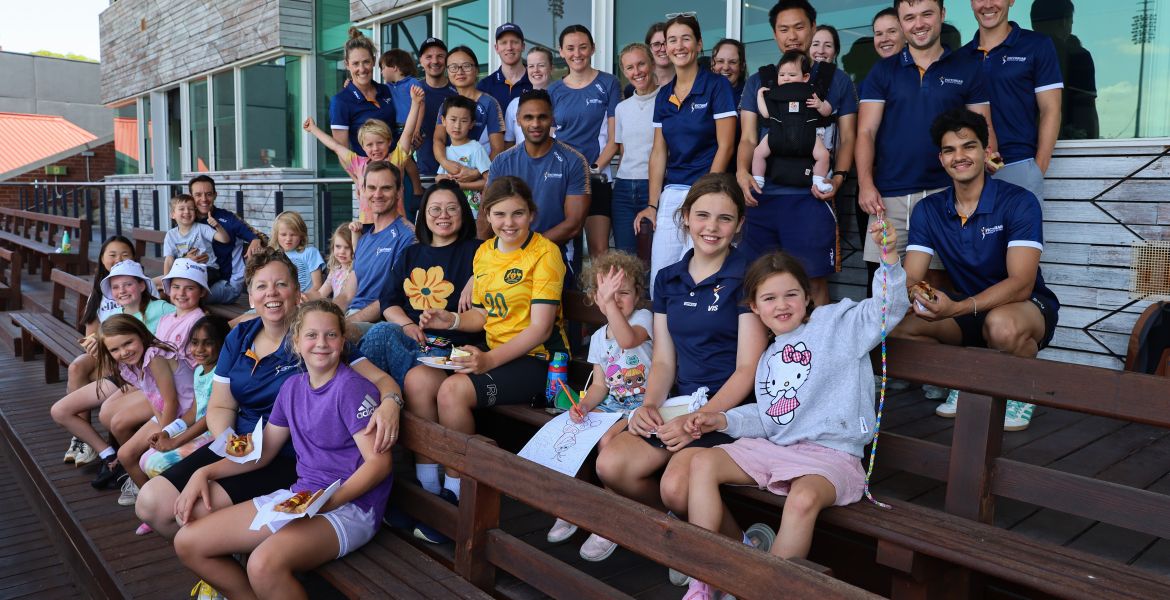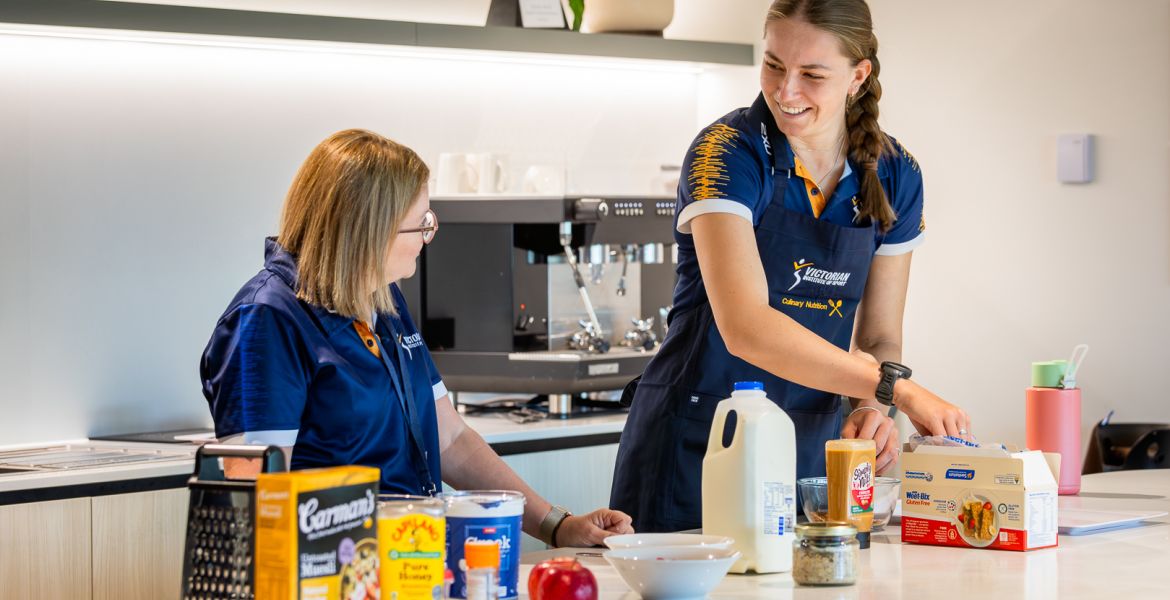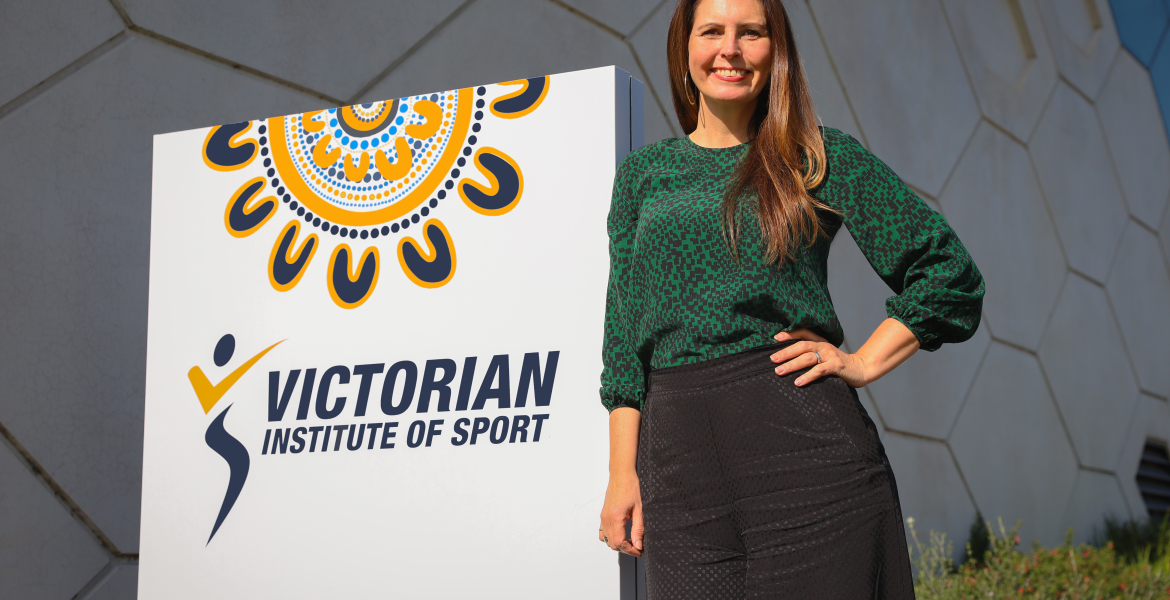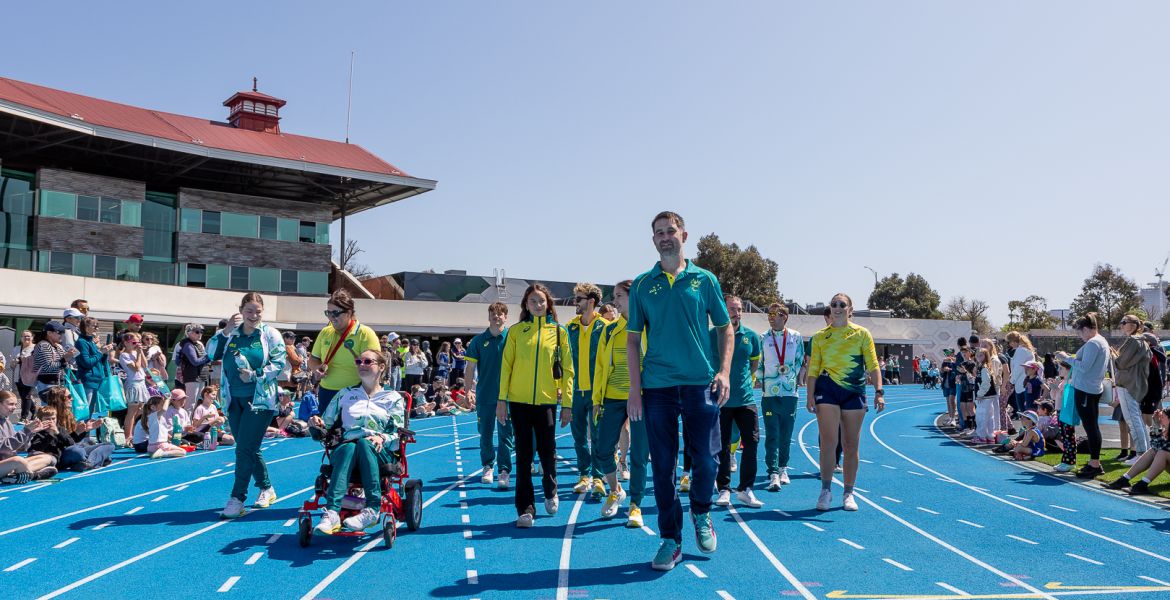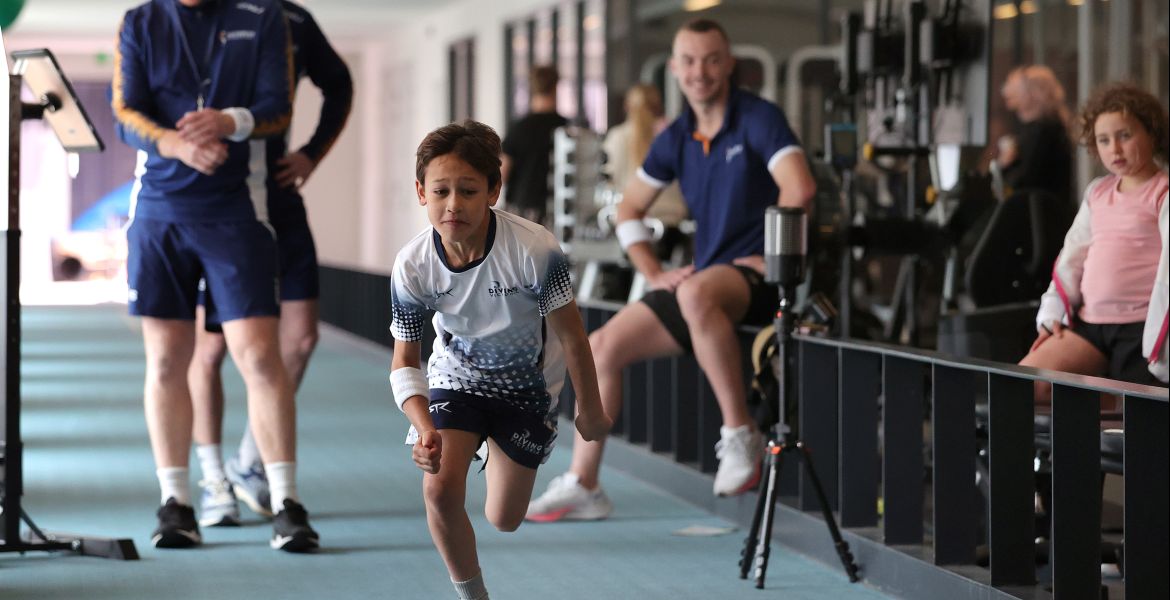Australian Olympian and judoka, Katharina Haecker, is fresh from a bronze medal win at the 2023 Judo Grand Slam, held in Azerbaijan in September.
Katharina’s latest podium finish marks a fifth career Grand Slam medal for the Victorian Institute of Sport (VIS) scholarship holder and her fourth Grand Slam medal in 2023.
A self-described “active kid”, Katharina fell in love with judo from a young age, enjoying the competitiveness of the sport.
“I grew up in Germany, in Hamburg and started judo there and my Mum got me into the sport,” said Katharina.
“I was about six years old. I enjoyed the whole concept of boys and girls training together, and using your whole body.”
From that first introduction, Katharina continued training and competing for around a decade, developing a love for the combat sport, before reluctantly deciding to call it quits when she finished school.
“I decided that ‘this is it’. It is not something I can pursue my whole life,” she says.
A gap year of sorts followed, including travelling around Australia – a country she felt a real connection to through grandparents who had lived here and a father who was born here.
“I completely fell in love with Australia,” Katharina says.
The break sparked something in Katharina and on her return to Hamburg, she jumped straight back into judo training.
“I started working with a new coach at that point, who is now my husband,” she says.
“And we just set small goals and along the way, I just achieved them, and it was a really good fit – I improved. We just found a really good way for me [to approach competition].”
Emma Hall, a performance psychologist at the VIS who spends a lot of her time with high performance combat sport athletes, agrees.
“At the upper levels of any elite sport, the physical differences become very slim – everyone is working hard on their training and strengthening and conditioning,” Emma says.
“As you move up the pyramid, the physical differences become smaller – that is when what is going on between the ears becomes really important.
“An important piece of the puzzle is staying in the moment – some athletes can become too future focused on what’s coming up or can get fixated on things that have just happened.
“We work with them to help them create a winning mindset, and remove any hurdles that might get in the way of them performing at their best.”
Emma says she works with Katharina and other athletes at the VIS to help them stay connected to the present moment and support overall performance.
“Judo is a fast-moving sport, and you need to be really present and make quick decisions,” Emma says.
“Katharina has been very successful. She has a good awareness of her mindset and getting into the ideal mindset for competitive performance.”
For Katharina, the break in competition was an important element to her success.
“I ended up fighting in competitions here [in Australia] and I became number one in the national ranking in my division and I represented Australia at the Commonwealth Games in Glasgow.
“For a lot of people who do high performance sport all their life and never have a break, it's very hard to always find the motivation or why they do it.
“Sports psychology is such a big part, like you can be as fit as you want and as good as you want in your sport, but if your mind won't let you execute all your skills, you can't do anything about it.
“If you don't believe in your abilities and your skills, you can't execute them and if you're lacking self-belief in the first place, it's very hard to actually get to a place where you can bounce back from adversity.”
Emma agrees. “At the base level most athletes they are involved in their sport because they love it – the time, energy and finances they put into it is amazing.
“To have the motivation, drive and hunger to put in the effort day after day is vital, but sometimes we also need to come back to the enjoyment of sport. Being able to take a step back, can help keep them linked to why they are doing it in the first place.”
Elite judo athletes that have come before her and paved the way are Katharina’s main sources of inspiration, as she sets her sights on qualifying for the 2024 Paris Olympics.
“Judo is an individual sport, but you depend so much on your teammates to have good practices.
“There are so many ways to win a fight, so every style, every part is so different. I think that's the thing I love the most about it – you’re never finished learning.”

